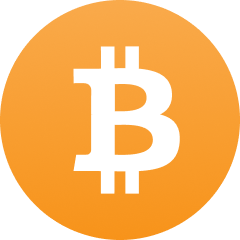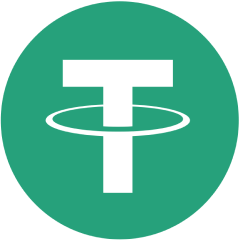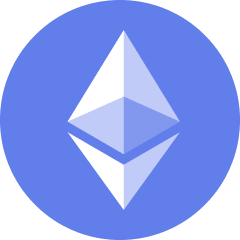Exchange ADA on Sizex Right Now!
Buy Crypto
Protect yourself from fraud
- Did someone you don't know help you with this transaction?
- Did someone send you here using an unknown or suspicious link?
ADA Token statistics
Ranking
#7876
Market cap
275,751.35 EUR
24h volume
0.00 EUR
Circulating supply
999,876,202.92 EUR
About Cardano (ADA)
Cardano is a blockchain platform that stands out for its focus on sustainability, scalability, and academic rigor in development. Launched in 2017 by Charles Hoskinson, co-founder of Ethereum, Cardano is built on a layered architecture that separates the settlement and computation layers, allowing for greater flexibility and scalability. The platform is underpinned by peer-reviewed research and is developed using evidence-based methods, making it one of the most scientifically-grounded blockchains in the industry.
Read More
Website
https://cardano.org
Frequently Asked Questions
Our view is that we should always over-provide data (as opposed to censoring and policing information)
Sizex is a secure and user-friendly cryptocurrency exchange platform where users can buy, sell a wide variety of cryptocurrencies.


ELEVATE YOUR FINANCE TODAY
Transform now
Ready to take your financial journey to new heights? Sizex provides a secure and innovative platform for you to manage and grow your digital assets with ease.
Get Started Now 



 USDC
USDC  BTC
BTC  USDT
USDT  TRX
TRX  LTC
LTC  ADA
ADA  ETH
ETH  DOGE
DOGE  SOL
SOL  MATIC
MATIC  AVAX
AVAX  DOT
DOT  ARB
ARB  OP
OP  AAVE
AAVE  LINK
LINK  ATOM
ATOM  FIL
FIL  NEAR
NEAR